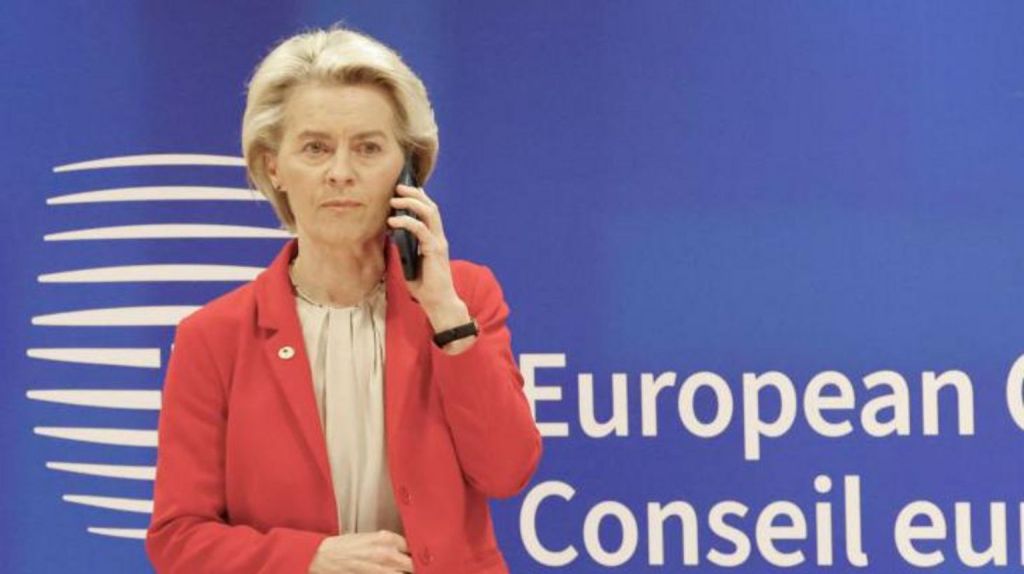The European Commission was wrong to refuse to release text messages sent by Ursula von der Leyen to the head of Pfizer during negotiations to secure Covid-19 vaccines, the EU’s top court has ruled.
The General Court said the commission had not given a plausible explanation as to why the exchanges between its president and Pfizer’s Albert Bourla could not be made public when an investigative journalist requested them in 2021.
That year, Pfizer signed billions of euros in vaccine contracts with the EU, including a deal for 1.8bn extra doses.

The content of the messages between von der Leyen and Mr Bourla remains secret, in a simmering case that has become known in Brussels as Pfizergate.
Anti-corruption group Transparency International has hailed the European Court’s ruling as a “landmark victory for transparency in the EU”, adding that it should serve as a catalyst to put an end to a “restrictive attitude to freedom of information”.
Von der Leyen became Commission president in 2019, and within a year faced the task of leading the EU’s response to the Covid pandemic.
She won a second five-year term late last year. Wednesday’s ruling threatens to damage her reputation, because of the apparent lack of transparency surrounding the Pfizer vaccine deal, in which she played such a significant role.
The Commission said it would closely study the ruling and consider its next steps, but it insisted that transparency had “always been of paramount importance“.
The controversy erupted in April 2021, when New York Times journalist Matina Stevis revealed how Ursula von der Leyen had negotiated privately with the Pfizer boss after his German partner BioNTech won regulatory approval for its Covid drug.


Leave a Reply